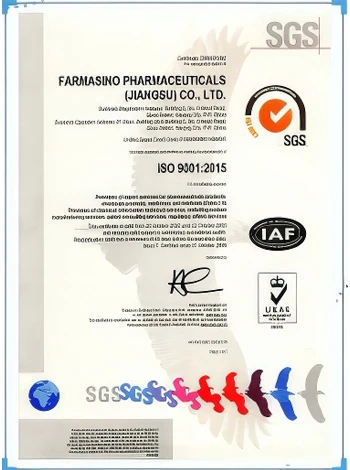



treating hard water in swimming pool
Treating Hard Water in Swimming Pools
Swimming pools provide a perfect oasis for relaxation and recreation, but maintaining the water quality is critical to ensure a safe and enjoyable experience. One common challenge that pool owners face is hard water. Hard water contains high levels of minerals, primarily calcium and magnesium, which can lead to several issues if left untreated. This article will explore the causes of hard water in swimming pools, its effects, and the methods to treat it effectively.
Understanding Hard Water
Hard water is primarily caused by the leaching of minerals from soil and rocks into the water supply. When water evaporates from a pool, it leaves these minerals behind, which can accumulate over time. Factors such as the source of the filling water and the geographical location can significantly influence the hardness of the water. In regions with natural limestone deposits or areas with high levels of groundwater, pools are more likely to experience hard water issues.
Effects of Hard Water
The presence of excessive calcium and magnesium can lead to various problems in swimming pools. One significant issue is the formation of scale on the pool surfaces, such as tiles, ladders, and walls. This scale not only detracts from the aesthetic appeal of the pool but can also create rough surfaces that can pose a safety hazard.
Hard water can also affect the efficiency of pool chemicals. High mineral content can disrupt the balance of pH and alkalinity levels, leading to increased chlorine demand and frequent adjustments to chemical treatments. Additionally, swimmers may experience skin irritation or eye discomfort due to the higher mineral concentration in the water.
Moreover, hard water can cause problems for pool equipment. The mineral deposits can accumulate in filters, pumps, and heaters, leading to reduced efficiency, higher energy costs, and even costly repairs or replacements.
Treating Hard Water
Fortunately, there are several strategies to manage and treat hard water in swimming pools. The first step is to test the water regularly to determine the hardness level. A simple test kit can help measure the concentration of calcium and magnesium, allowing pool owners to assess the extent of the problem.
1. Water Softening
treating hard water in swimming pool

One effective method for treating hard water is to install a water softener or a specialized pool chemical treatment that can help reduce the mineral content
. Water softeners exchange calcium and magnesium ions with sodium ions, thereby decreasing water hardness.2. Sequestering Agents
Another approach involves using sequestering agents, which are chemicals that bind to calcium and magnesium ions in the water, preventing them from forming scale. These agents help keep minerals in solution and reduce cloudiness.
3. Regular Maintenance
Regular maintenance is critical to managing hard water. This includes frequent cleaning of the pool surfaces, skimming debris, and vacuuming to minimize the accumulation of scale. Additionally, maintaining balanced pH and alkalinity levels can significantly impact overall water quality, reducing the likelihood of hard water problems.
4. Dilution with Fresh Water
Occasionally, diluting the pool water with fresh water from a different source can lower the overall hardness level. It's essential to ensure that the new water source does not also contribute to hardness.
5. Reverse Osmosis
For severe cases, reverse osmosis systems can be employed to treat pool water. This method effectively removes dissolved impurities, including hardness-causing minerals, leading to soft and clean water.
Conclusion
While hard water in swimming pools can present several challenges, understanding the causes and effects allows pool owners to take proactive steps in treatment and maintenance. Regular testing, the use of chemical agents, and proper pool upkeep can help mitigate the issues associated with hard water, ensuring a pleasant swimming experience. By staying vigilant and implementing the right strategies, pool owners can enjoy crystal-clear water while safeguarding their investment and the comfort of their swimmers.
-
Why Sodium Persulfate Is Everywhere NowNewsJul.07,2025
-
Why Polyacrylamide Is in High DemandNewsJul.07,2025
-
Understanding Paint Chemicals and Their ApplicationsNewsJul.07,2025
-
Smart Use Of Mining ChemicalsNewsJul.07,2025
-
Practical Uses of Potassium MonopersulfateNewsJul.07,2025
-
Agrochemicals In Real FarmingNewsJul.07,2025
-
Sodium Chlorite Hot UsesNewsJul.01,2025










